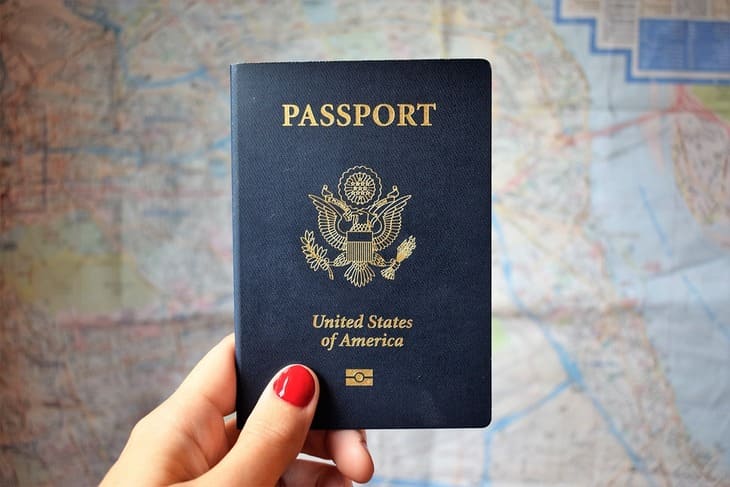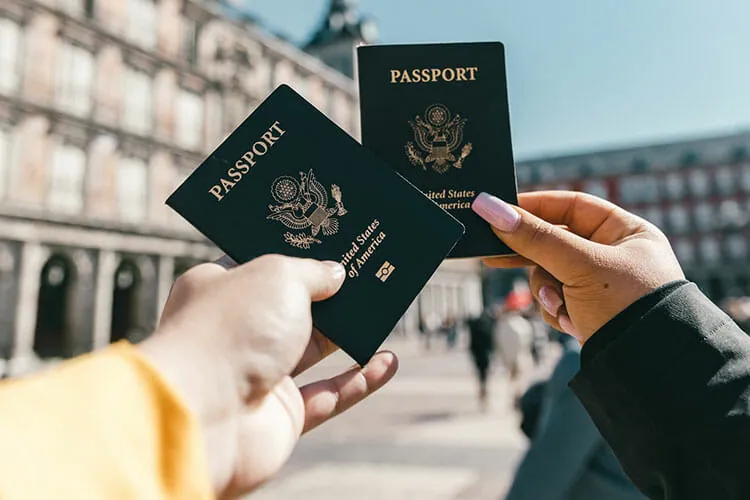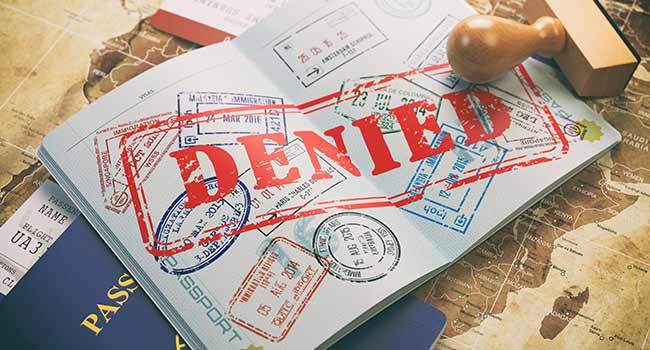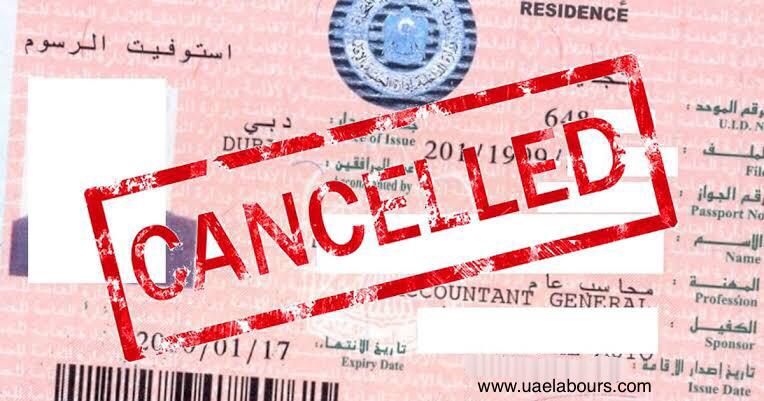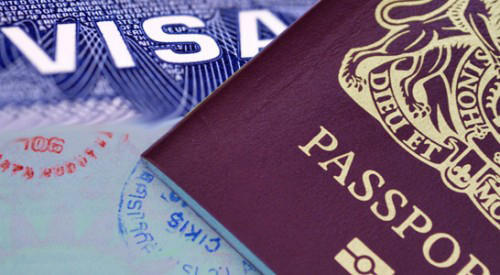How do I know if my visa is approved?
Once your visa is approved by the embassy of the country you want to go to, you will be notified via a call or whichever means is available. For instance, if you applied to the United States, you will get a sealed immigrant packet alongside your visa which will be placed inside a page in your passport.
The consular officer at the U.S. Embassy or Consulate will let you know whether your visa application was granted or denied at the conclusion of the interview process.
If your application for a visa is accepted, you’ll be told when and how to get your passport and visa back.

Denial of a visa: If your application is turned down, you will be told why. The Denials webpage contains comprehensive information, and there is further information about visa denials at the foot of this page.
Note that some rejected visa applications might call for additional administrative handling. The consular officer will let the applicant know at the conclusion of the interview if administrative processing is necessary.
How do I know if my visa is approved? See what to look out for when you receive your visa
- Passport with Visa – A page in your passport will be filled out with your diversity visa. Please immediately check the printed information to make sure there are no mistakes. Please get in touch with the embassy or consulate right once if there are any typos.
- Sealed Immigrant Packet: Upon arrival in the United States, you will also be given a sealed packet containing documents that you must present to U.S. Customs and Border Protection (CBP) at a port-of-entry (typically an airport). You must not break the packet’s seal.
- When Should I Travel? You must enter the United States and submit an application for admission no later than the date that is printed on your visa as the expiration date. Unless your medical examination expires earlier, which could result in your visa being valid for shorter time than six months, a diversity visa is typically valid for up to six months from the date of issuance.
- You must pay the USCIS Immigrant Fee to the United States. Prior to departing for the United States and following receipt of your immigrant visa, contact Citizenship and Immigration Services (USCIS). The only exceptions to this cost are children who enter the country through the Orphan or Hague adoption programs, special immigrants from Iraq and Afghanistan, returning residents (SB-1s), and those with K visas. For further information, go to the USCIS website and select Immigrant Fee. Important Information: Until the fee has been paid, USCIS will not issue a Permanent Resident Card (Form I-551 or Green Card).
- Vaccination Records – Before enrolling in school in the United States, children must receive specific immunizations. It is advised that your child have a full set of vaccination records before traveling abroad. State vaccination regulations can be found on the website of the Centers for Disease Control and Prevention, part of the Department of Health and Human Services.
- X-rays – Do not pack your X-rays in your luggage; you must carry them with you at all times.

